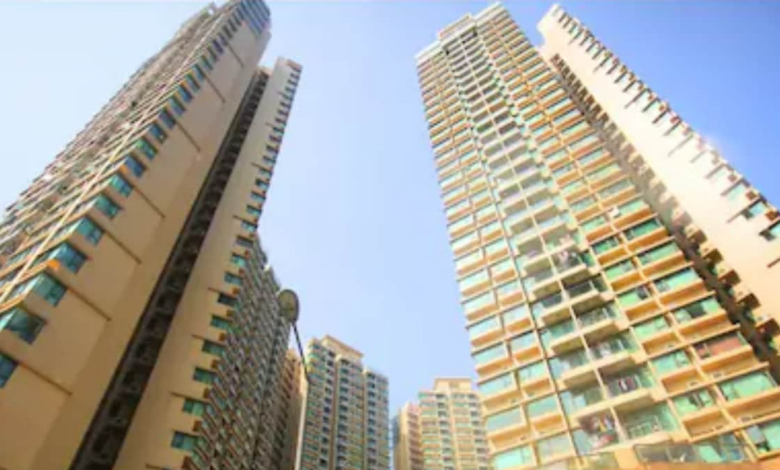Incurred a Loss Even After Selling Rs 2 Crore Flat For Rs 3 Crore? Understand this Calculation

Property investors often overlook the fact that the value of Rupee decreases over time. (Representative/digihunt Hindi)
Most investors calculate their profit and loss based on the purchase price. They often overlook key factors like opportunity cost and time value of money in their calculations
There is a common misconception that one can never incur a loss if they invest in real estate. People think that a value of a property is bound to appreciate if it is held on for a long duration. However, we often fail to understand the big picture. While we may tend to think that we have profited, we remain blind to the fact that we have actually incurred a loss.
Most investors calculate their profit and loss based on the price at which they bought the property. If they sell the property at a price less than the price at which they bought it, they think that they have incurred a loss. Alternatively, if they sell it for more, then they consider it to be profit. They do take the two elephants in the room into consideration, which are Opportunity Cost and the Value of Money over Time.
For instance, let us consider that one has bought a flat for Rs 2 crore. After four years, its value increases to Rs 2.7 crore. However, they choose not to sell it but instead hold on to that property till its vaule becomes Rs 3 crore.
However, in this process of waiting for the desired selling price, four more years go by. Then after a total of eight years, they are able to sell the flat for Rs 3.1 crore.
They might think that they have made a profit of Rs 1.1 crore from the flat after the transaction. However, they miss the point that they had to wait for four years for the price of the flat to appreciate by only Rs 30 lakh.
If they had sold it four years earlier for Rs 2.70 crore and deposited that money in a Fixed Deposit account in a bank, they might have received better returns.
If one had kept this amount in a Fixed Deposit account at ICICI Bank which gives 7 percent interest, they would have received Rs 3,56,38,092 (Rs 3 crore 56 lakhs). The interest received in four years would have been around Rs 86 lakh. As per this calculation, the seller has suffered a loss of Rs 46 lakhs on the property.
The example of FD has been stated because it is one of the safest options of savings. If the same money was invested in anything else offering medium to high returns, the profit could have been much higher.
Investors often overlook the fact that the value of Rupee decreases over time. Owing to inflation, the purchasing power of money decreases. Hence, the person has suffered a loss even after receiving an additional Rs 40 lakh in four years.
The loss incurred on selling real estate may not be the actual one but may exceed beyond that. For instance, if one buys an apartment from a builder in Delhi-NCR for Rs 1 crore and sells it at Rs 90 lakh six years later, they might be mistaken to estimate that they have incurred a loss of only Rs 10 lakh. However, if we take inflation into account, the loss incurred would be even more in actual.
One should diversify and maintain a balance while investing. Our portfolio should be distributed into a range of categories like real estate, equity, debt and gold. If one invests in only one asset, the risk factor increases. Every asset has the possibility of appreciating as well as depreciating. One needs to understand these concepts to make better investment decisions.


